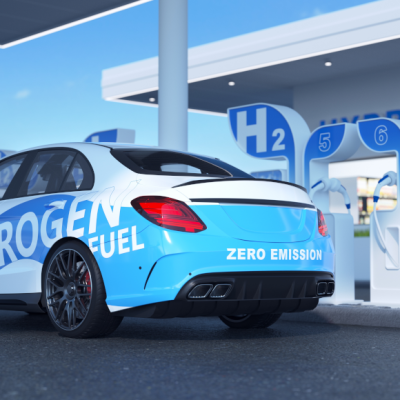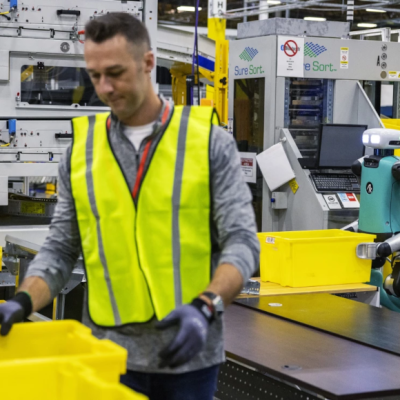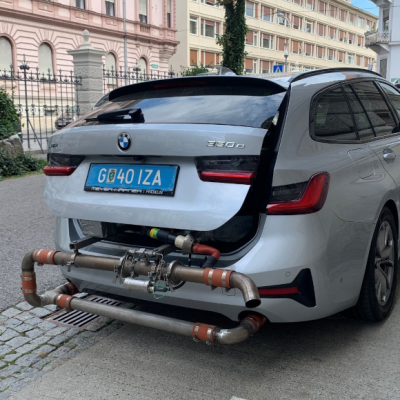In a groundbreaking development, researchers at the Lawrence Berkeley National Laboratory have successfully modified E. coli bacteria to produce a type of bioplastic that can be recycled indefinitely. The biobased PDK plastics could be cheaper and produce fewer CO2 emissions than traditional plastics made from fossil fuels. This is a significant breakthrough, as a large portion of plastic waste cannot be recycled and ends up in landfills or the ocean. The researchers were able to create PDK from plant-based sugars, which can be broken down into its original components and used to create new products without any loss in quality.
The team at Lawrence Berkeley National Laboratory modified E. coli bacteria to convert plant-based sugars into the molecule Triacetessigsäurelacton (bioTAL), which was then used to create PDK. This is the first time that bioproducts have been used to create a predominantly biobased PDK, and it offers a biological advantage over using petrochemicals. PDK can be used to create a variety of products, including flexible items like adhesives and cable coatings, as well as hard plastics that go through a curing process. The incorporation of bioTAL into the material has also increased the working temperature range by 60 degrees Celsius, making it suitable for use in products like car parts.
The researchers believe that biobased PDK plastics could be cheaper and produce fewer CO2 emissions than traditional plastics made from fossil fuels. They are currently working on further optimizations, including increasing the rate at which E. coli bacteria convert sugars into bioTAL, using renewable energy to power the process, and producing additional compounds. This breakthrough could have a significant impact on the plastic industry and help reduce the amount of plastic waste that ends up in landfills and the ocean.










